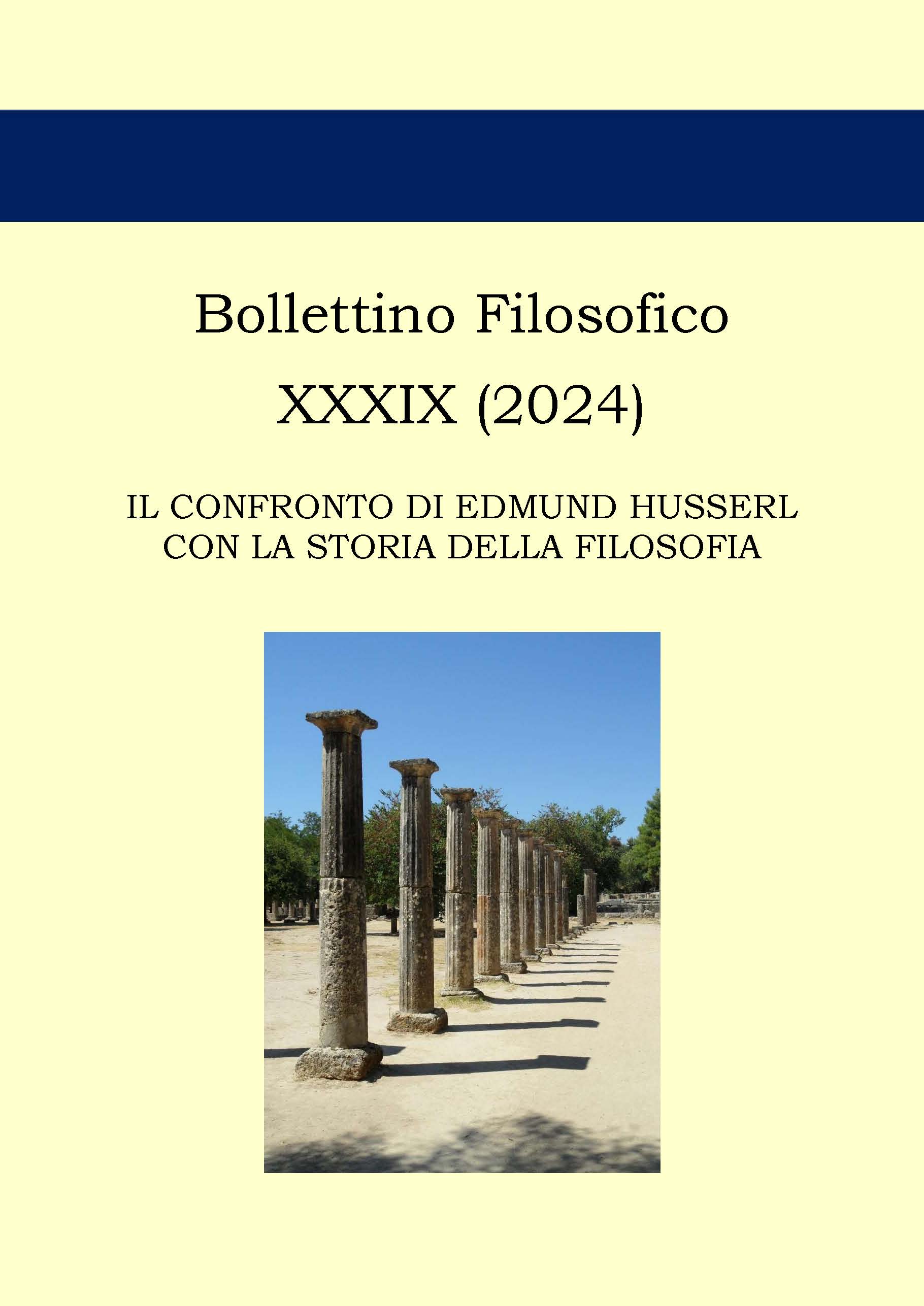Immanence, idéalité et inclusion: Husserl lecteur de Berkeley
Abstract
This article examines the relationship between Husserlian phenomenology and Berkeley’s empiricism and attempts to reconstruct the reasons why, despite the untenable nature of Berkeley’s immaterialism, Husserl recognizes nevertheless its crucial importance for the idea of phenomenology. First, the paper shows that Berkeley’s intermediate position between Locke and Hume enables Husserl to see in his empiricism a philosophy of pure immanence capable of raising the question of the foundation of transcendence without falling into skepticism. It then shows that Berkeley’s phenomenological critique, on both sides of the transcendental turn, relies on the idea of intentional content to demonstrate that ideality can be included in this immanence without being reduced to one of its parts.
Keywords: Berkeley, Husserl, Immanence, Ideality, Inclusion
Downloads
Copyright (c) 2024 Julien Farges

This work is licensed under a Creative Commons Attribution 4.0 International License.
Bollettino Filosofico pubblica in internet, ad accesso aperto, con licenza:
|
|
CCPL Creative Commons Attribution |
L'autore conserva il copyright sul suo contributo, consentendo tuttavia a chiunque "di riprodurre, distribuire, comunicare al pubblico, esporre in pubblico, rappresentare, eseguire e recitare l'opera", purché siano correttamente citati l'autore e il titolo della rivista. L’autore, al momento della proposta di pubblicazione, è inoltre tenuto a dichiarare che il contenuto e l’organizzazione dell’opera è originale e non compromette in alcun modo i diritti di terzi, né gli obblighi connessi alla salvaguardia di diritti morali ed economici di altri autori o di altri aventi diritto, sia per testi, immagini, foto, tabelle, sia per altre parti di cui il contributo può essere composto. L’autore dichiara altresì di essere a conoscenza delle sanzioni previste dal codice penale e dalle leggi speciali per l’ipotesi di falsità in atti ed uso di atti falsi, e che pertanto Bollettino Filosofico è esente da qualsiasi responsabilità di qualsivoglia natura, civile, amministrativa o penale, e sarà dall'autore tenuta indenne da qualsiasi richiesta o rivendicazione da parte di terzi.
